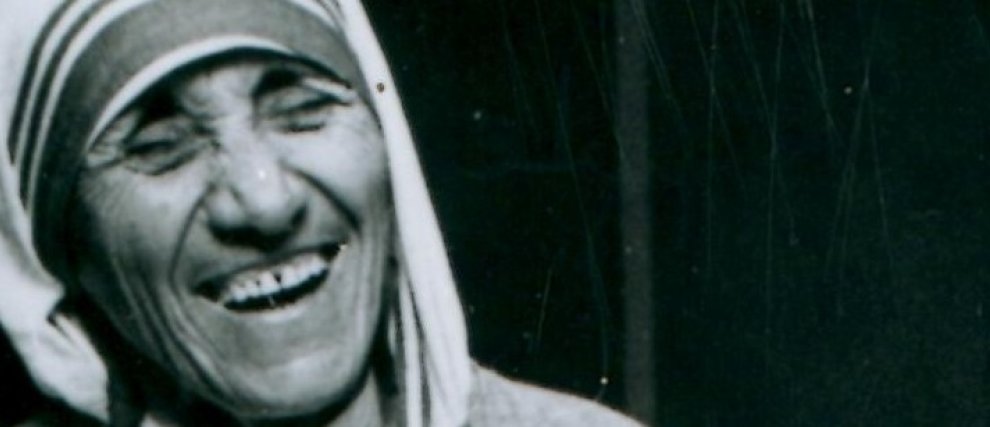Moral Conscience
Moral concience is addressed in Article 6 of the first section (“The Vocation of Man: Life in the Spirit”) of the third part (“Life in Christ”) of the catechism. At the end of this reading, we invite you to discover other great questions about christian life.
[community-card id=8810]
Definition of Conscience
This is particularly discussed in numbers 1776 to 1802 of the Catechism.
“Deep within his conscience, man discovers a law which he has not laid upon himself but which he must obey. Its voice, ever calling him to love and to do what is good and to avoid evil, sounds in his heart at the right moment. . . . For man has in his heart a law inscribed by God. . . . His conscience is man's most secret core and his sanctuary. There he is alone with God, whose voice echoes in his depths.” (No. 1776)
“Conscience is a judgment of reason by which the human person recognizes the moral quality of a concrete act.” (No. 1796)
“Conscience enables one to assume responsibility for the acts performed. If man commits evil, the just judgment of conscience can remain within him as the witness to the universal truth of the good, at the same time as the evil of his particular choice.” (No. 1781)
Educating and training one's conscience
The Church calls us to the education and training of our conscience. The numbers 1783 to 1785 elaborate.
“Conscience must be informed and moral judgment enlightened. A well-formed conscience is upright and truthful. It formulates its judgments according to reason, in conformity with the true good willed by the wisdom of the Creator. The education of conscience is indispensable for human beings who are subjected to negative influences and tempted by sin to prefer their own judgment and to reject authoritative teachings. ” (No. 1783).
“The education of the conscience is a lifelong task […] The education of the conscience guarantees freedom and engenders peace of heart.” (No. 1784).
“In the formation of conscience the Word of God is the light for our path,54 we must assimilate it in faith and prayer and put it into practice. We must also examine our conscience before the Lord's Cross. We are assisted by the gifts of the Holy Spirit, aided by the witness or advice of others and guided by the authoritative teaching of the Church.” (No. 1785)
“Everyone must avail himself of the means to form his conscience.” (No. 1798)
Choosing according to one's conscience
Number 1789 provides a good summary of the rules for choosing according to one's conscience.
- It is never permissible to do evil to achieve a good result.
- The “golden rule”: “Do unto others as you would have them do unto you.” (Matthew 7:12; Luke 6:31).
- Charity always involves respect for one's neighbor and one's conscience: “When you sin against them in this way and wound their weak conscience, you sin against Christ.” (1 Corinthians 8:12). “It is better not to eat meat or drink wine or to do anything else that will cause your brother or sister to fall.” (Romans 14:21). ”
Number 1790 says: “A human being must always obey the certain judgment of his conscience. If he were deliberately to act against it, he would condemn himself. Yet it can happen that moral conscience remains in ignorance and makes erroneous judgments about acts to be performed or already committed.” (No. 1790).
As for ignorance, it is mentioned in number 1793: “If—on the contrary—the ignorance is invincible, or the moral subject is not responsible for his erroneous judgment, the evil committed by the person cannot be imputed to him. It remains no less an evil, a privation, a disorder. One must therefore work to correct the errors of moral conscience.” (No. 1793).
Deepening conscience
Deepening Conscience with the Second Vatican Council
The Second Vatican Council gives us a number of insights into conscience.
In Gaudium et Spes, the constitution “on the Church in today’s world”: it is in this document that we find a definition of conscience, which is taken up in number 1776 of the Catechism.
In Dignitatis Humanae, the declaration on religious freedom: number 2 invites all men “to seek the truth, especially religious truth. They are also bound to adhere to the truth, once it is known, and to order their whole lives in accord with the demands of truth.” (DH No. 2).
In addition to the Second Vatican Council, you can also read Veritatis splendor (The Splendor of Truth), which is an encyclical by Pope John Paul II, published in 1993. It evokes conscience several times.
Deepening Conscience with Theologians
If you want to deepen your knowledge of conscience, we recommend that you also learn about the thoughts of:
Saint Augustine: for him, it is in the interiority that man discovers the truth that dwells there. The challenge is therefore to be present to oneself to follow the voice of one's conscience.
Newman: he is considered a master of conscience. For example, he would say that “conscience is the first Vicar of Christ” and that “conscience has rights because it also has duties”. For him, listening to one’s conscience does not mean doing what one wants, but seeking to hear the voice of God.
Alphonsus Liguori: thanks to his treatise on conscience, he is considered the doctor on conscience.
Also discover our other articles close to the subject of conscience, like:
· Sin
· Freedom
With Hozana, let us pray to educate and train our consciences
With Hozana, let us pray to continue to train our consciences, so that our lives are defined by morality, virtue, and happiness. The reading of the Catechism of the Catholic Church, the lives of the Saints, and prayer are all helpful in this regard. Hozana offers a wide variety of communities, like the daily Gospel with commentary, a novena with Padre Pio, or this devotional to Mary led by the Pope.
